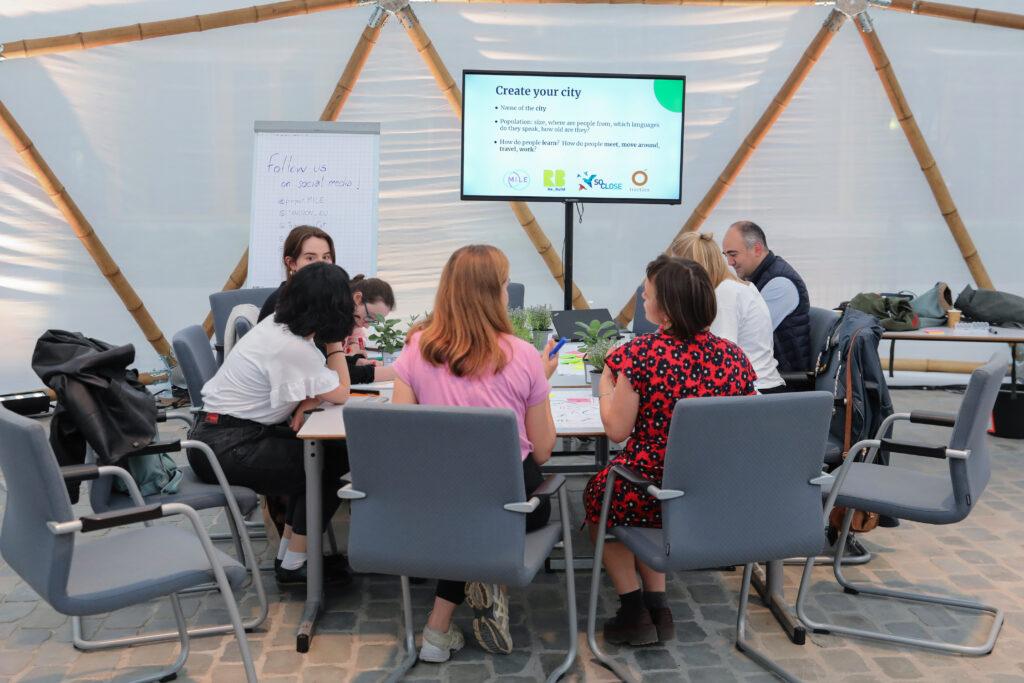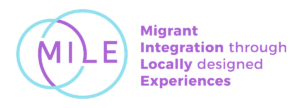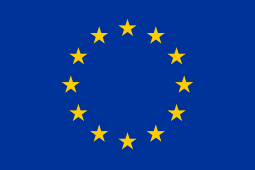Our approach

MILE is a two-year project that aims to create lasting ecosystems of exchange and collaboration between municipalities and migrant communities. By producing tools that for participation and engagement that can be replicated and adapted to different local contexts in Europe, we want to promote the active participation of migrants and refugees in decision-making in areas that affect them, such as housing, education, culture, social rights, employment, and entrepreneurship.
Diversity of our partners
Through its partners, MILE is able to involve different municipalities, migrant communities, and research organisations that are active both at the local and the European level, each bringing to the table their own expertise and experiences around the issues of migration, diversity, and inclusion.
Science for policy
MILE follows a ‘science for policy’ approach, a science-based policy analysis to help understand the gaps in the existing practices in the municipalities involved as well as at the European level, and to propose effective and sustainable solutions to close those gaps.
Integrating Cities Toolkit
The Integrating Cities Toolkit, developed by Eurocities, serves as a reference point for MILE’s activities. As such, it offers guidance on European standards as well as inspiration for tools to promote cultural diversity, participation and inclusion. Building on the toolkit and project partners’ experiences and expertise, MILE will develop its own framework and benchmarks to assess barriers and gaps in inclusive policy-making at the local and European levels.
Intersectionality
Last but not least, MILE pursues an intersectional approach by considering different axes of inequality that can impact the inclusion and representation of migrants. We thus aim for our activities to address multiple and interlocking inequities in order to design policy tools that can respond to the needs of different marginalised groups within migrant communities.

